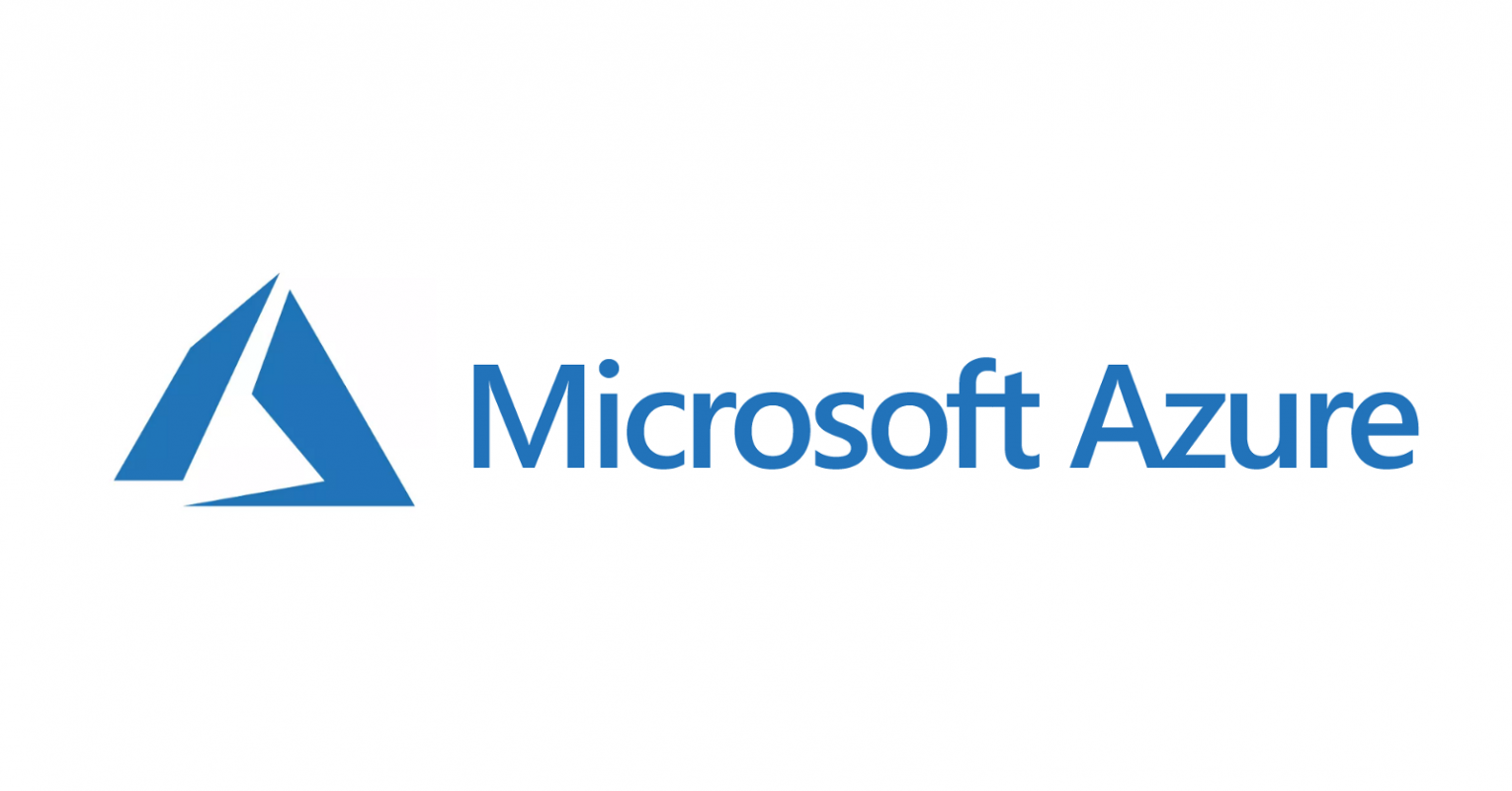Microsoft Azure is a service that provides cloud computing for building, managing, deploying, and testing applications and services. It supports various programming languages. As you expect, it supports Microsoft-specific software, but also different third-party software. It provides three options – infrastructure as a service (IaaS), platform as a service (PaaS), and software as a service (SaaS).
Infrastructure as a service (IaaS)
IaaS is cloud computing, where a company provides a part of the computer’s resources through virtualization. The customer can rent a part of the computer (server) and use it as their own. The advantage is that customers can use a high-end server without purchasing it. Also, it is straightforward to upgrade if the customer needs more resources.
Platform as a service (PaaS)
PaaS is an environment in which customers can create different services running on a platform provided by Microsoft. This platform is easier to maintain than IaaS and is usually less expensive.
The advantage is that it is a complete environment, which lets developers jump into the action by giving them all that they need, including testing tools.
Software as a service (SaaS)
You are probably familiar with this one. There are plenty of well-known applications that you are using daily, like Dropbox, OneDrive, and more that deliver services over the internet. Users can access them through an application or web browsers, thanks to APIs.
Advantage, the multi-platform approach where users can access their data on different devices.
What is Infrastructure as Code (IaC)?
Infrastructure as Code is a process of managing and provisioning computing infrastructure with some declarative approach while setting their configuration using definition files instead of traditional interactive configuration tools.
What are the benefits of IaC?
- Consistency
- Consistently achieve standardised provisioning or deployment
- Accelerating
- Accelerating provisioning or deployment rapidly
- Reusability
- Reusable JSON code for repeatable or similar provisioning or deployment
- Extensibility
- Extensible JSON code for incorporating with additional items

